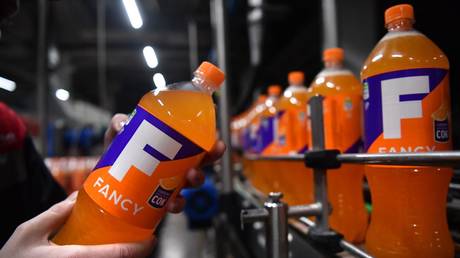
Most Russian firms have adapted to sanctions – survey
Businesses have either found new suppliers in ‘friendly’ foreign markets or at home
The majority of Russian companies have adapted to operating under sanctions, business daily Kommersant reported on Tuesday, citing a survey.
According to the Russian Union of Industrialists and Entrepreneurs (RSPP), most firms have successfully replaced Western suppliers with domestic manufacturers or producers from ‘friendly states’. The term ‘friendly’ refers to countries that have not imposed sanctions on Russia in connection with the Ukraine conflict.
According to the survey, in 2022, around 30% of Russian companies reported a critical need for alternatives to Western products, exports of which had been blocked by sanctions. Currently, however, the figures are down to 3.1% regarding raw materials, and 14.8% regarding equipment.
More than 70% of companies have managed to find alternative suppliers of raw materials in the Russian market, 76% found domestic substitutes in services, and 79% with regard to software.
As for equipment and components, roughly half of the surveyed entrepreneurs have found new suppliers from ‘friendly’ countries, while around a third switched to purchasing products from Russian manufacturers. Some 10% said they found opportunities to purchase equipment, components, and software from Western suppliers despite the restrictions, mostly via third parties.
Roughly 40% of companies said they started developing new supply chains over the past year.
Read more
Bloomberg outlines how Russia has shrugged off sanctions
Most, however, noted that they are currently not ready to replace all foreign products they use with domestically produced products. According to 74% of the respondents, the scientific and technical base is not yet developed enough to replace some Western equipment and components.
More than half also noted a lack of demand from domestic companies to achieve sufficient output for replacing imports completely. Most respondents also stated that domestic alternatives to imported materials are either lacking in quality, or are currently too expensive compared to foreign analogues.
Around a third of businesses said they have plans to substitute foreign companies that have left the Russian market, while 6.5% of respondents stated that they have already done so.
The survey was conducted among 150 Russian companies in various sectors of the economy.
For more stories on economy & finance visit RT’s business section


